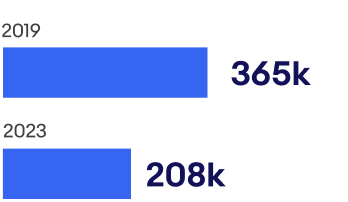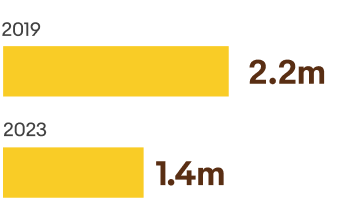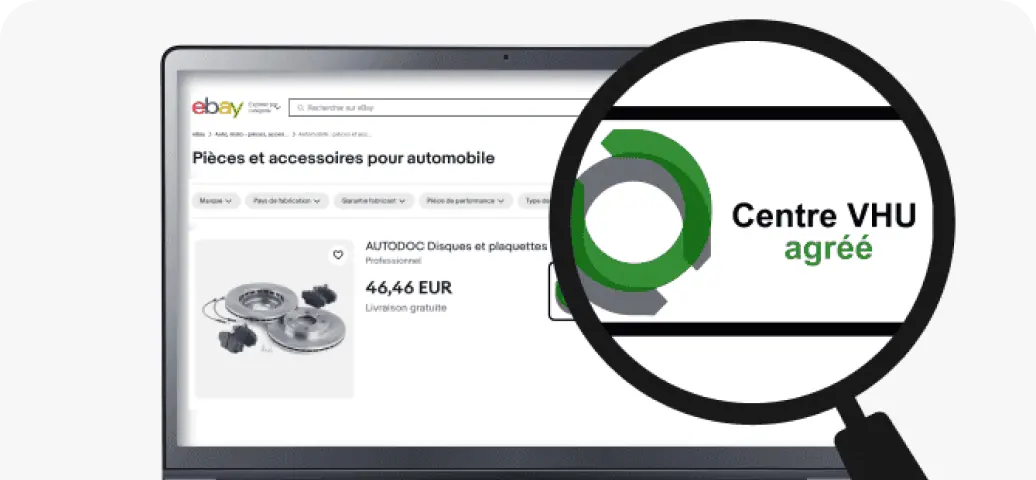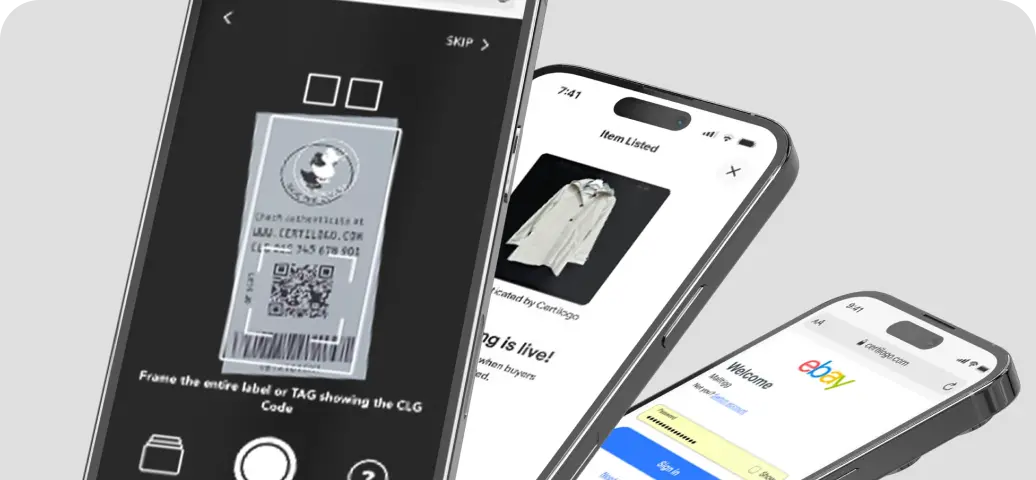Circular Economy

For nearly 30 years, eBay has empowered millions of consumers and businesses to give products a second life, helping to drive the transition to a circular economy.
The first ever item sold on eBay was a broken laser pointer, sold for repair by founder Pierre Omidyar.
By offering a platform where unused items can be sold and access to refurbished goods and spare parts is readily available, eBay promotes sustainability and resource efficiency. Our commitment to reducing waste and extending the lifecycle of products reflects our broader vision for a sustainable future. Here, we present our key recommendations and insights on advancing the circular economy to benefit businesses, consumers, and the planet.
of eBay’s GMV i.e. of the total value of the goods traded on eBay
metric tons of carbon emissions avoided by lengthening the lifespan of products
of waste avoided through the sale of pre-owned and refurbished goods
say buying pre-loved goods has become more important to them.
say sustainability is becoming more important to them every year.
say it’s easier in recent years to sell pre-loved goods on eBay
got their start on eBay by selling pre-loved goods
Cubic meters across our global offices

Used in our offices, data centers and authentication centers

Metric tons of CO2 emissions Related to the transportation of items purchased on eBay

- One-Stop-Shop for Extended Producer Responsibility: Simplifying EPR for European SMEs will help the EU reach its waste reduction goals.
- Adapt Value Added Tax to circular products: Reviewing margin schemes is needed to build a truly scalable VAT framework that incentivises the growth of the European circular economy.
- Ensure Digital Product Passports are 2nd-hand friendly: Improving the traceability of products from their design to their end of life will reinforce consumer trust into more sustainable buying options.
- Flexible information requirements for pre-owned products: Acknowledging the specificity of the circular value chain where information from the original manufacturer may get lost along the way.
- Empower the European independent car recycling industry: Thousands of SMEs are already creating new and more sustainable value from end-of-life vehicles through the trade of recycled and remanufactured car parts.









